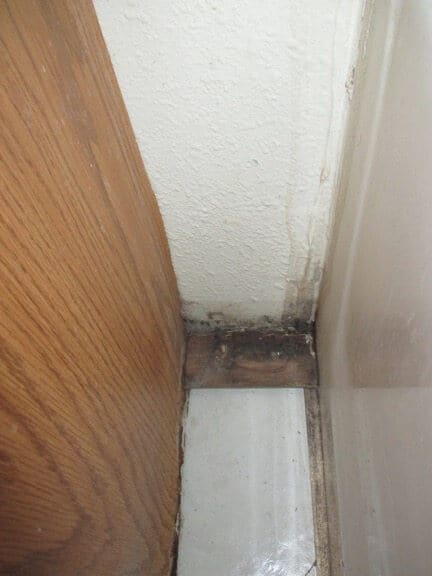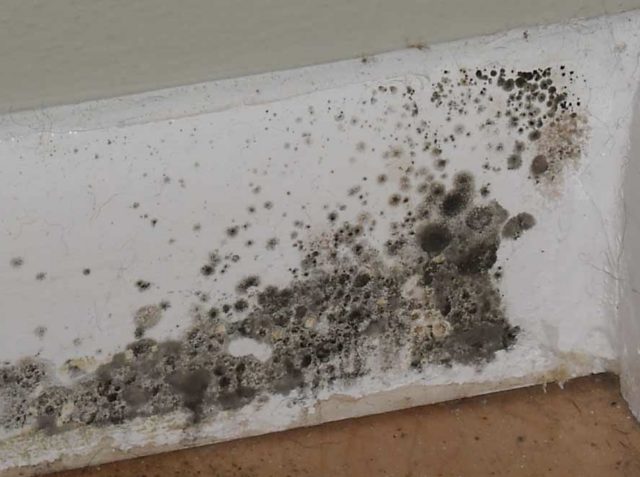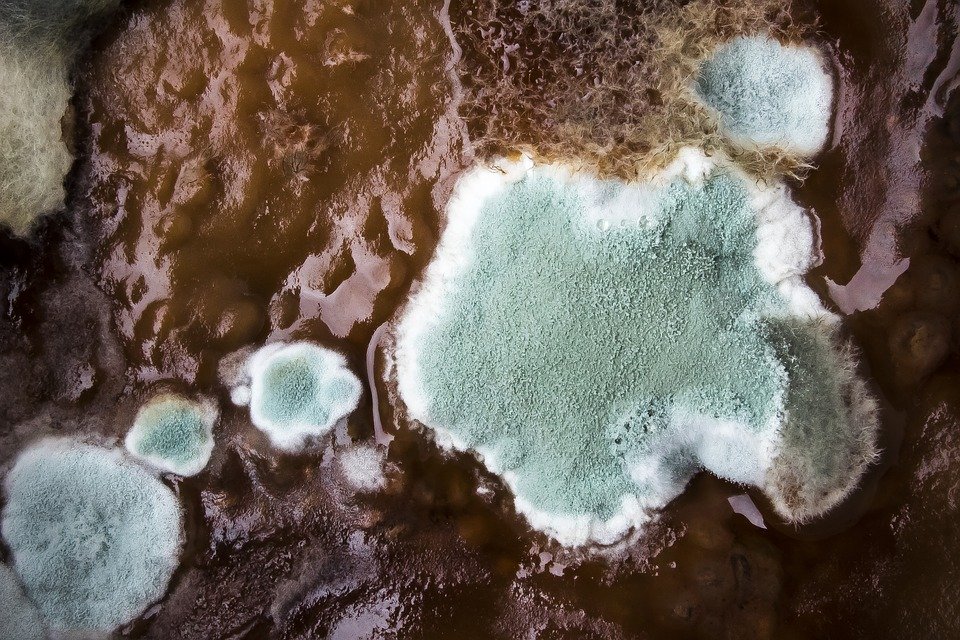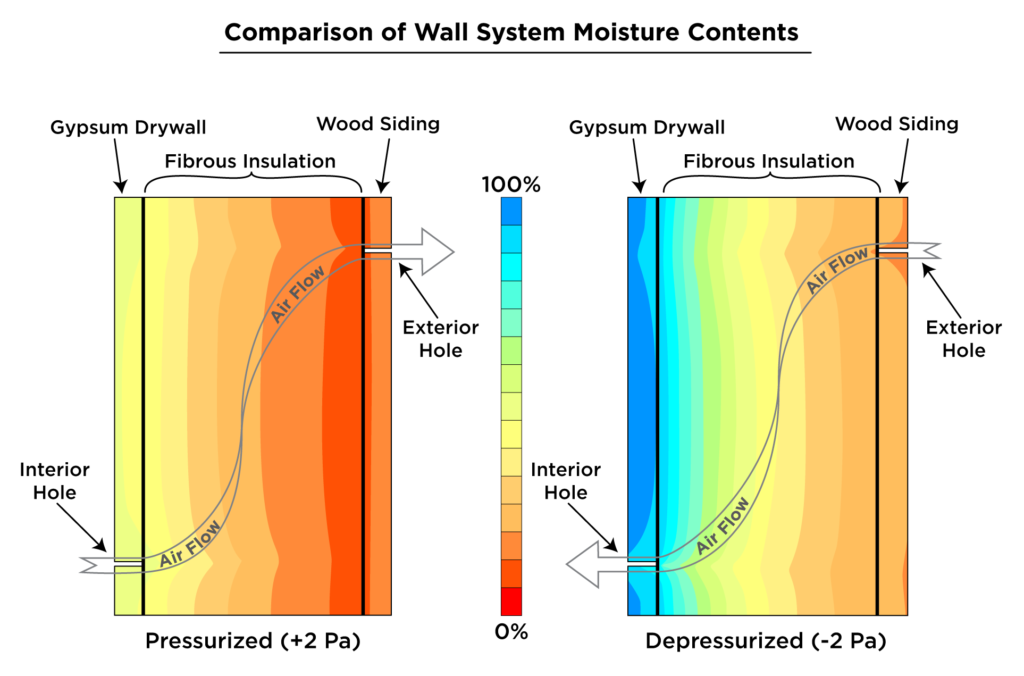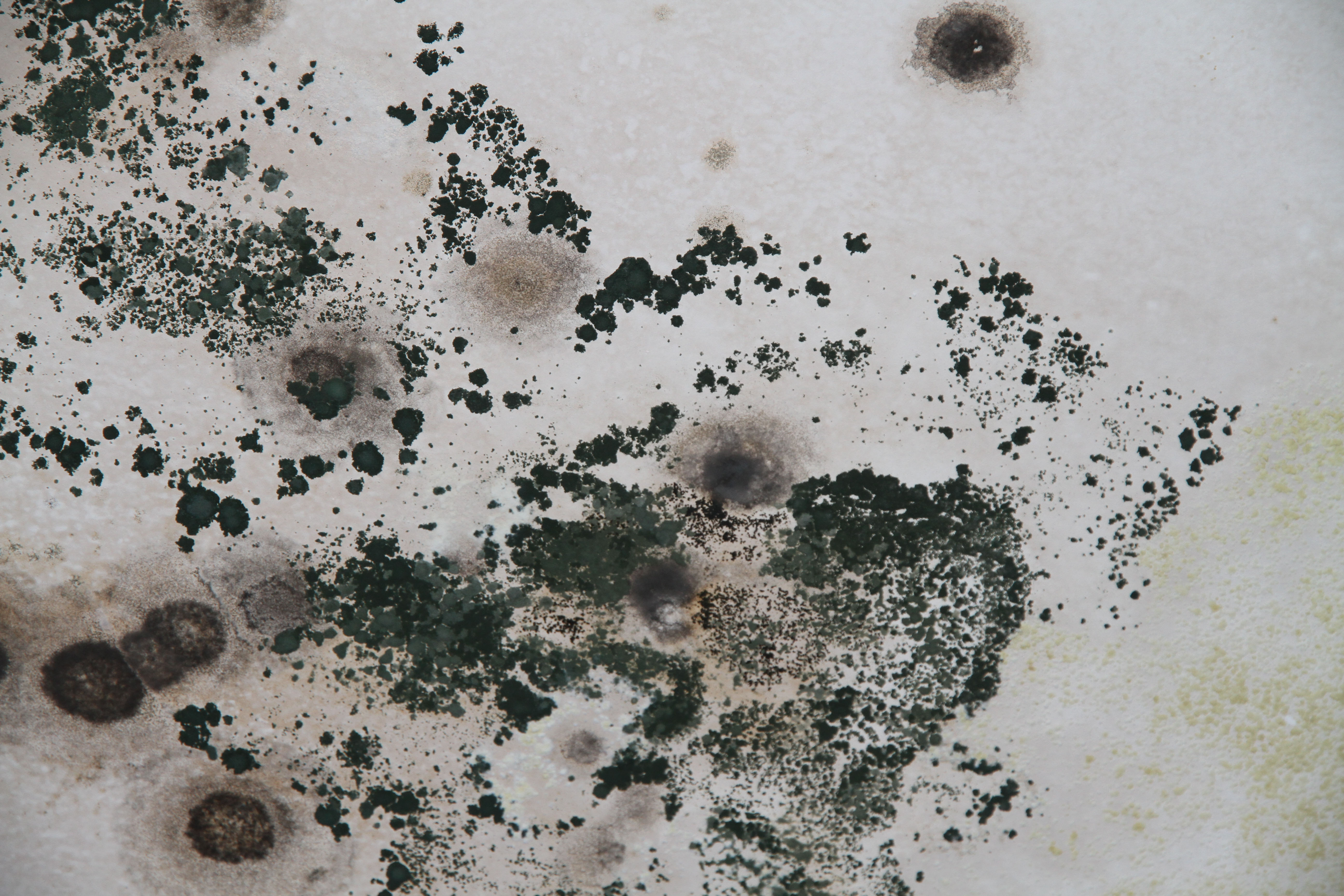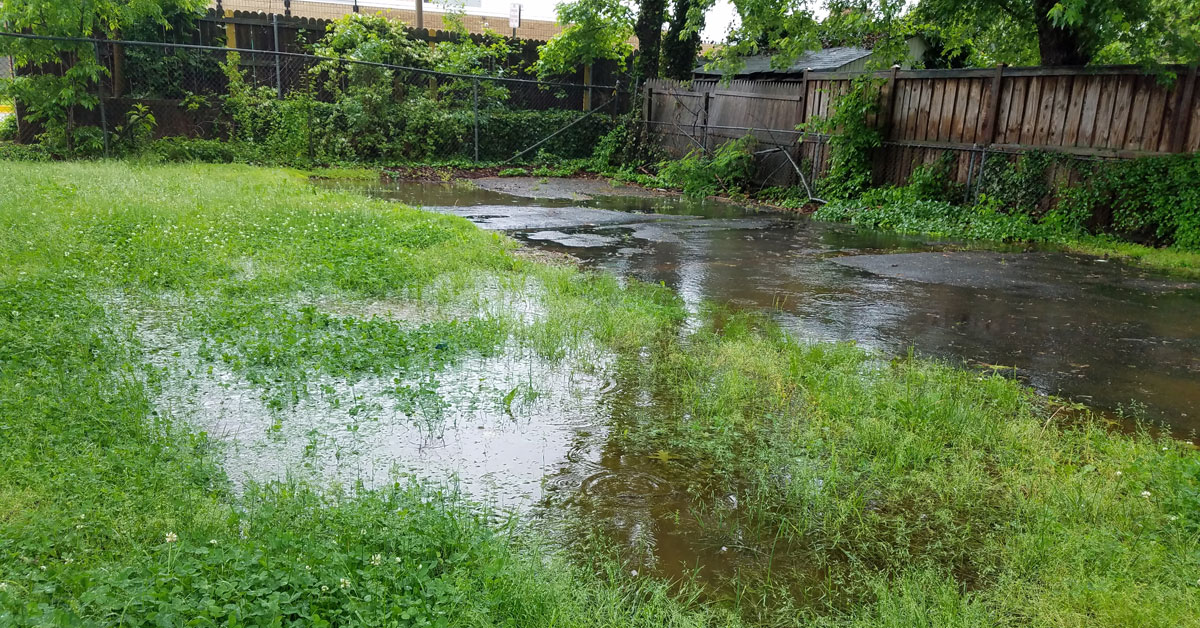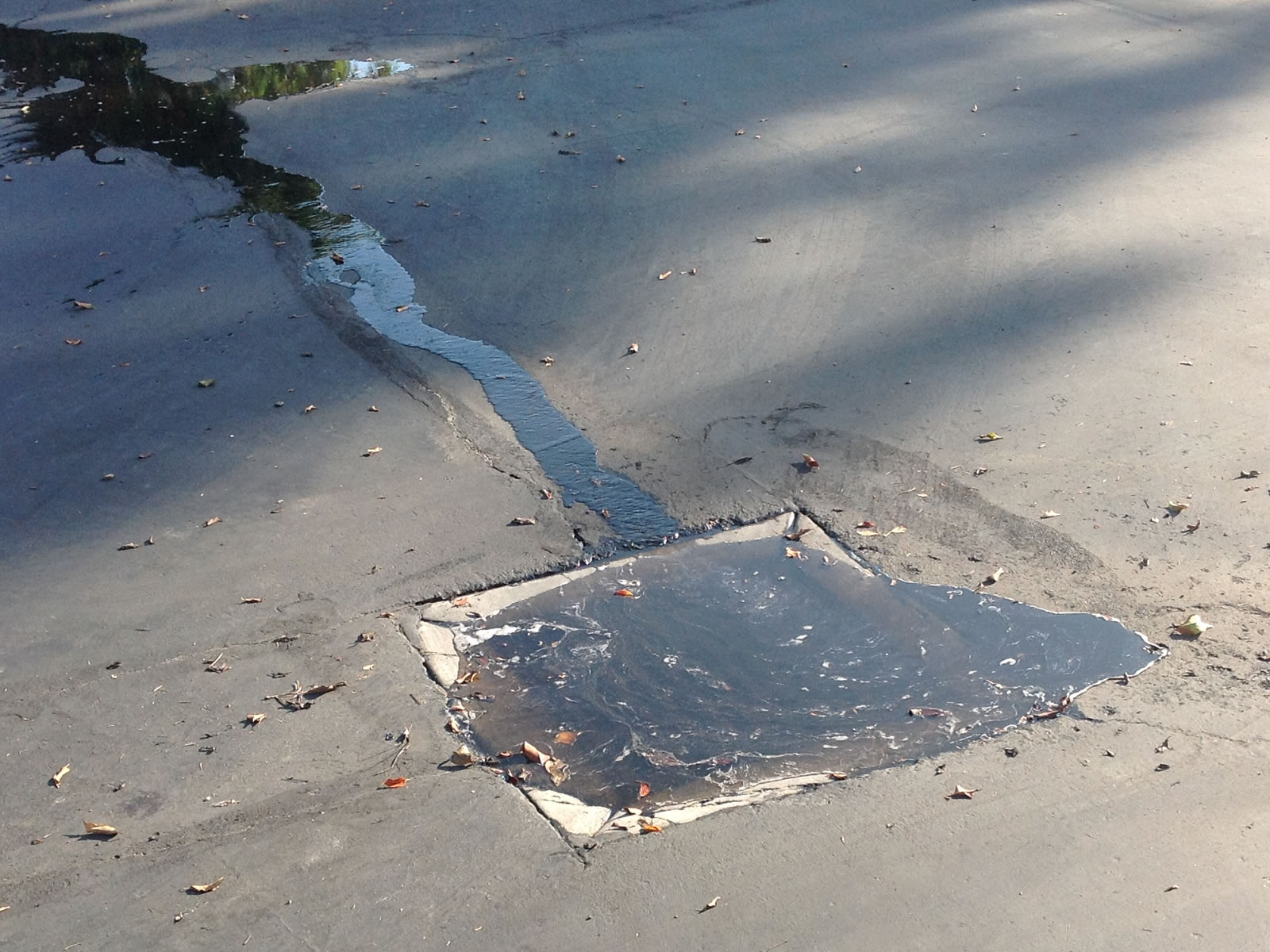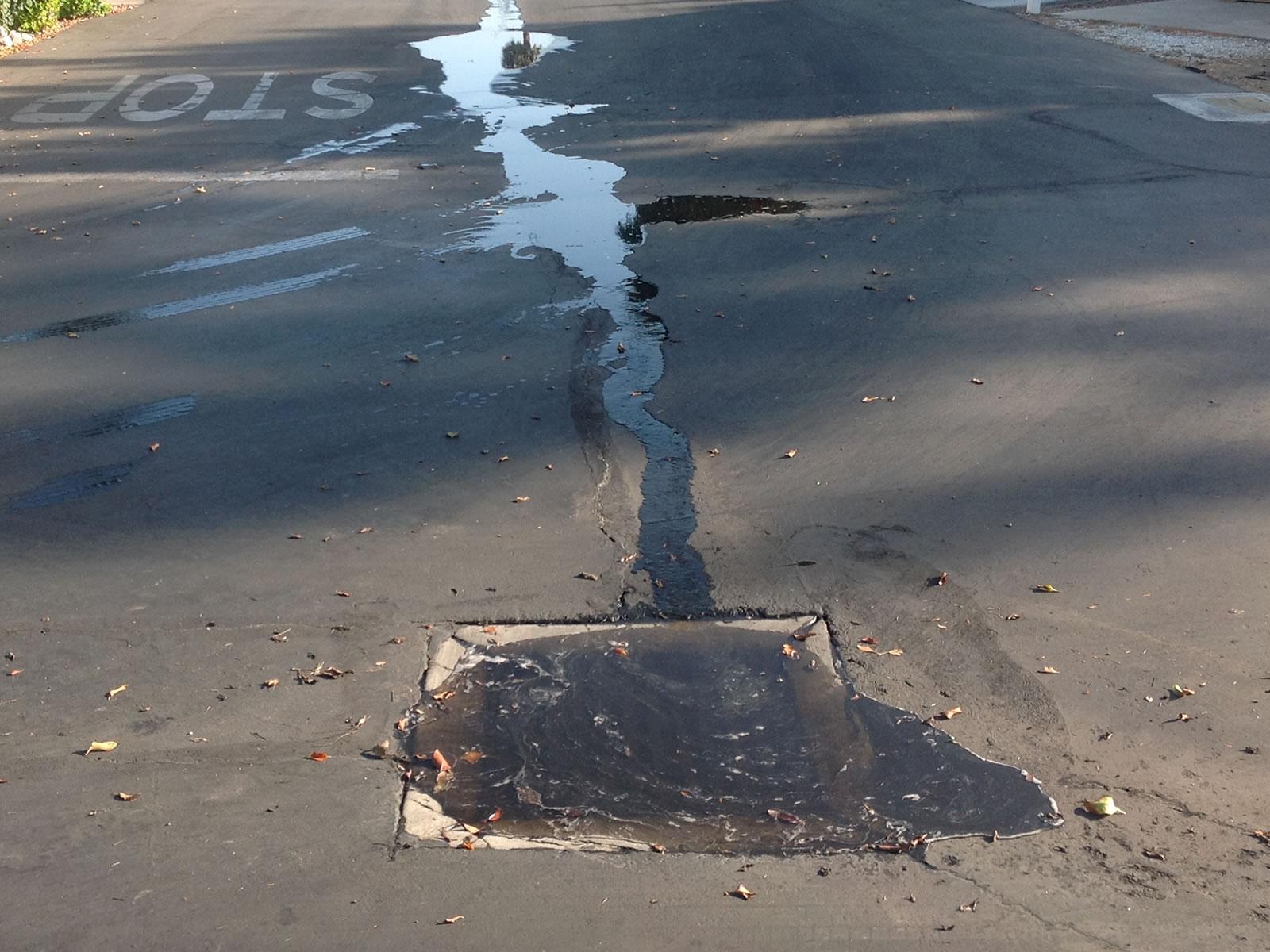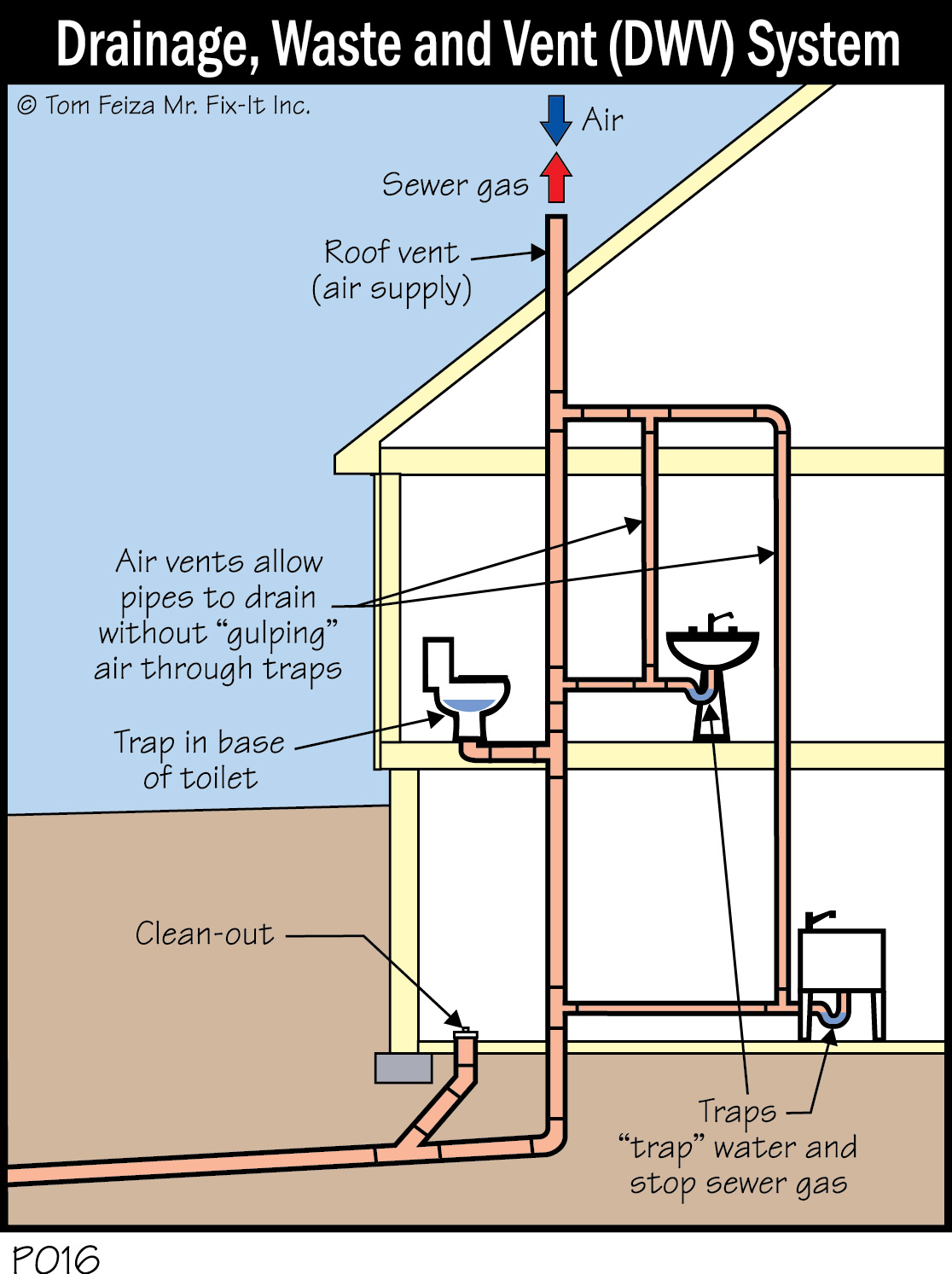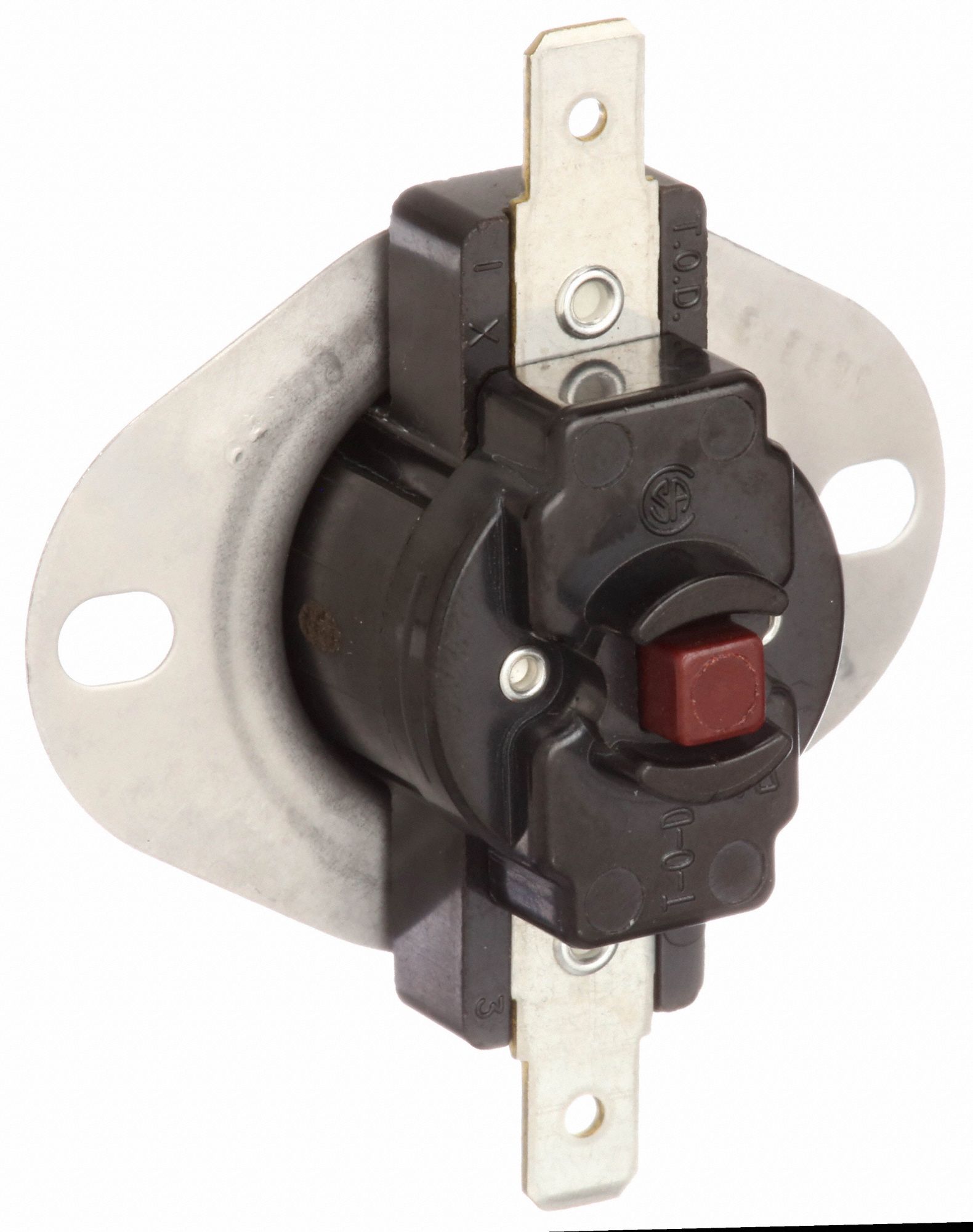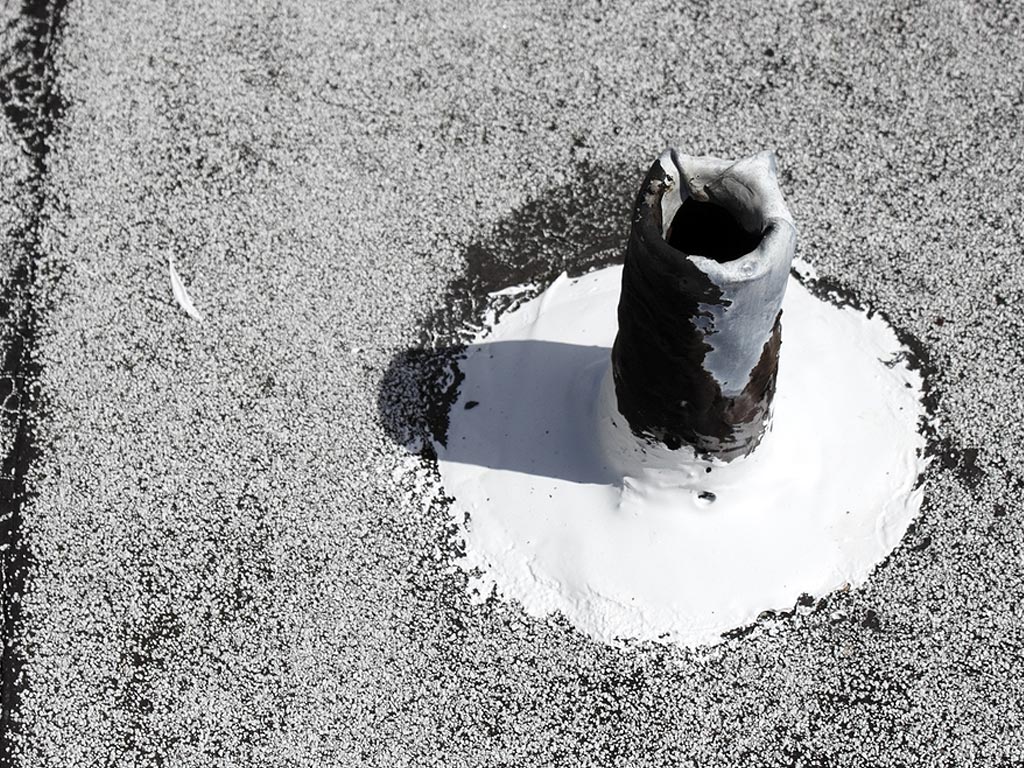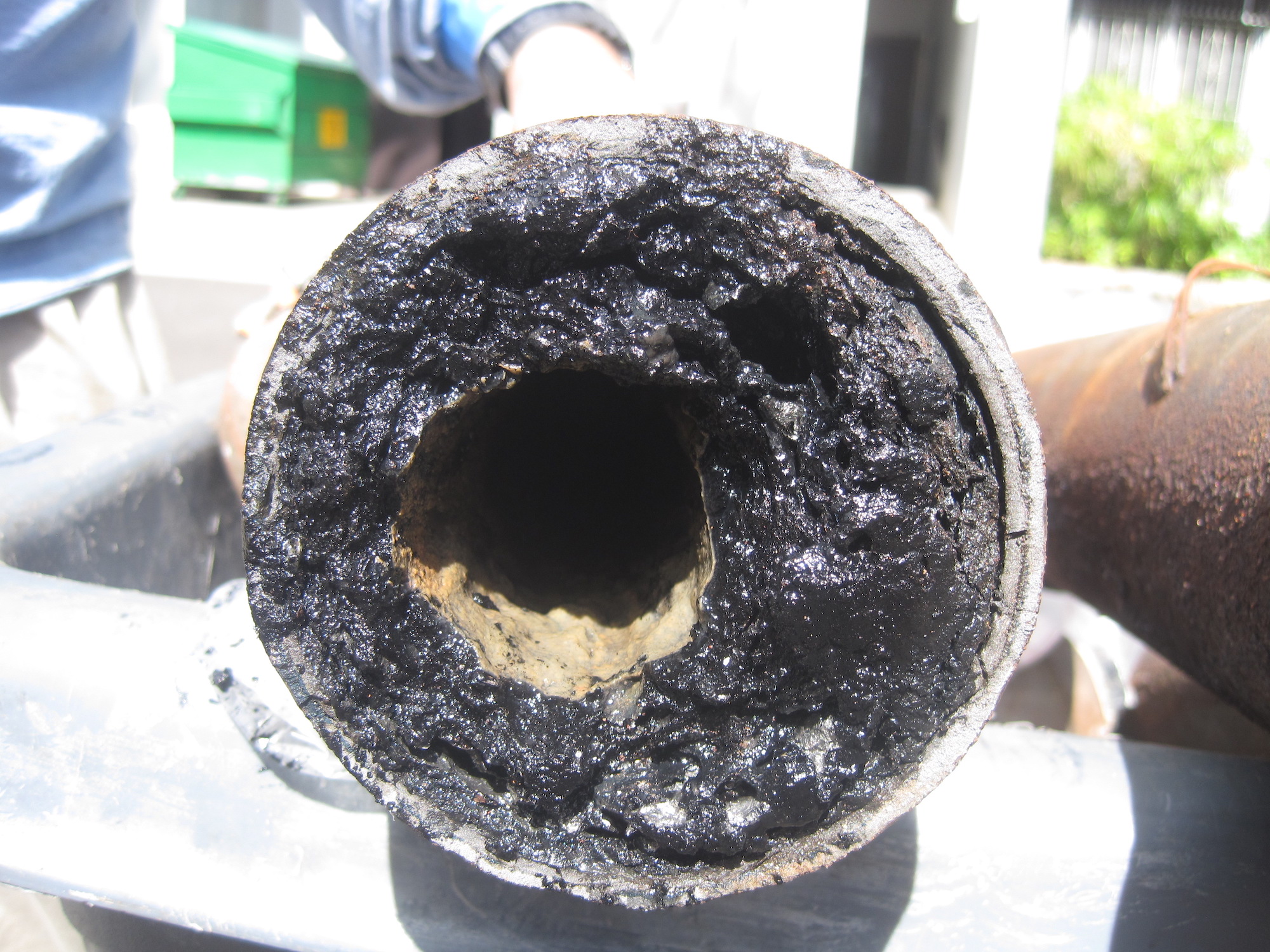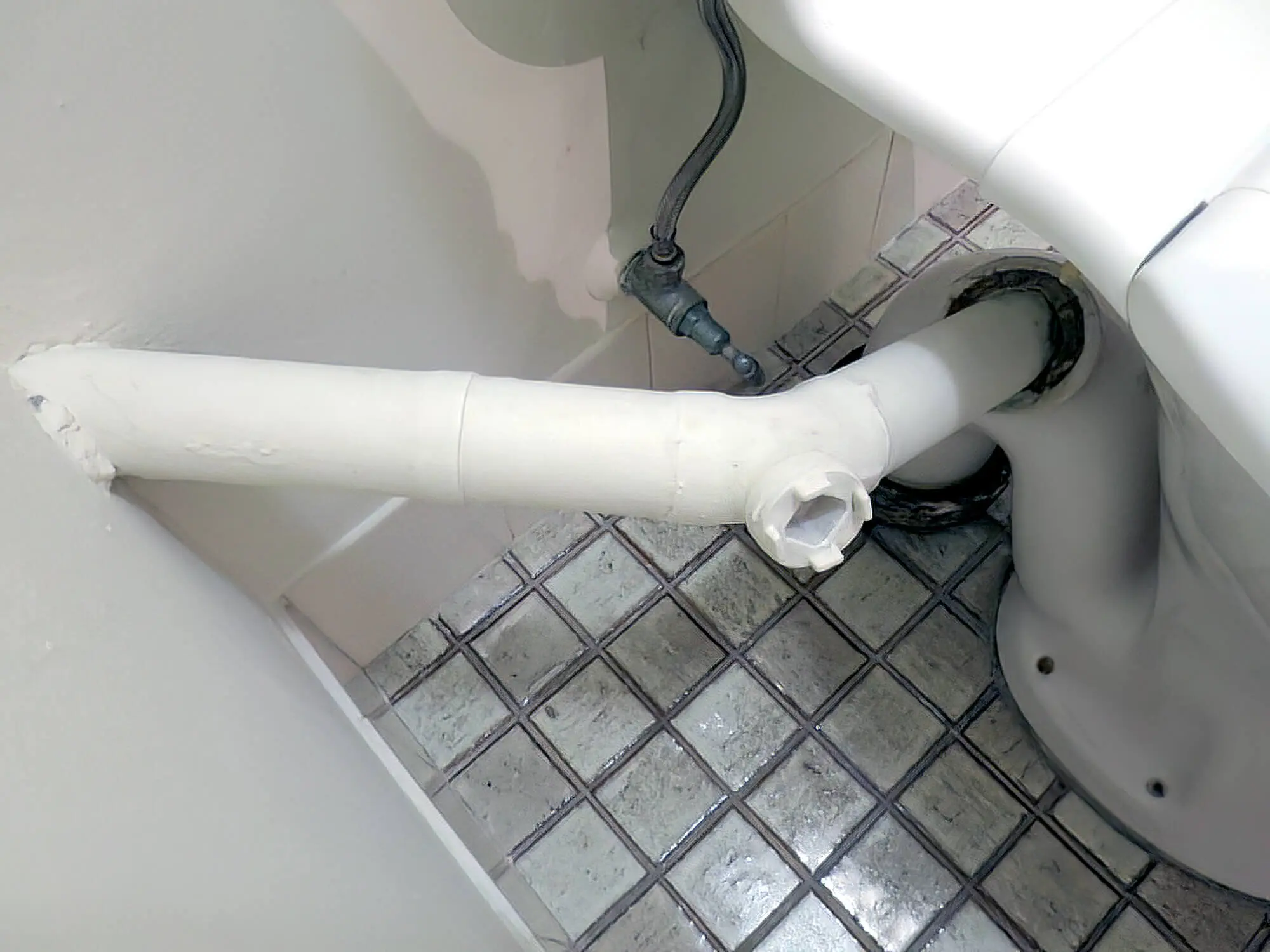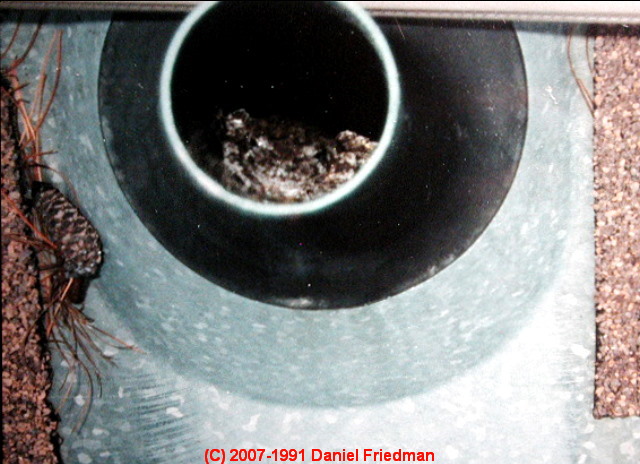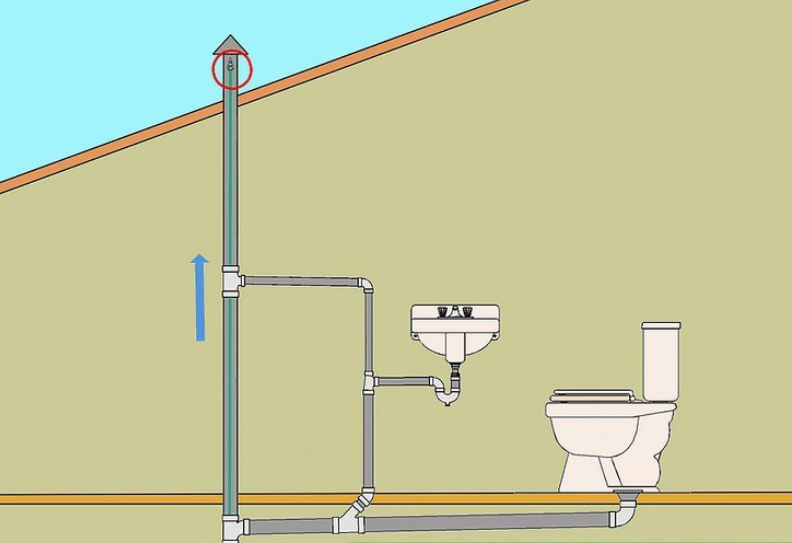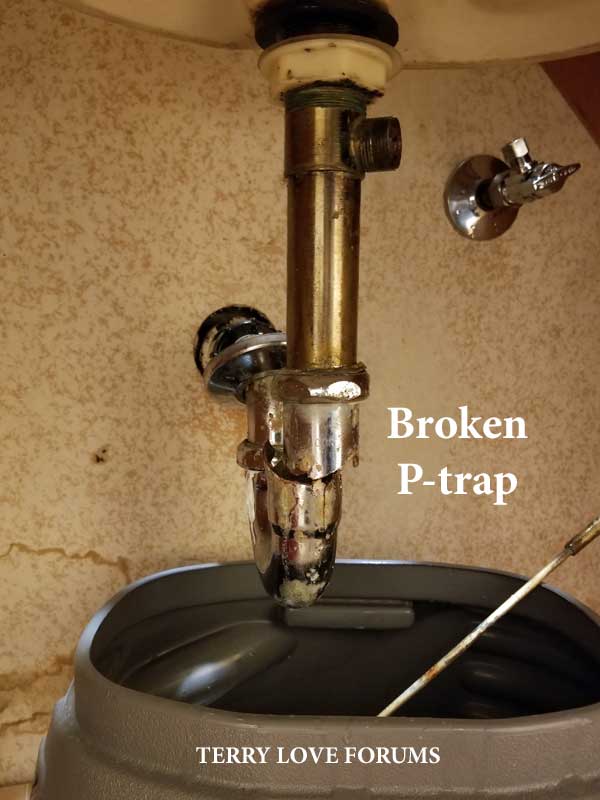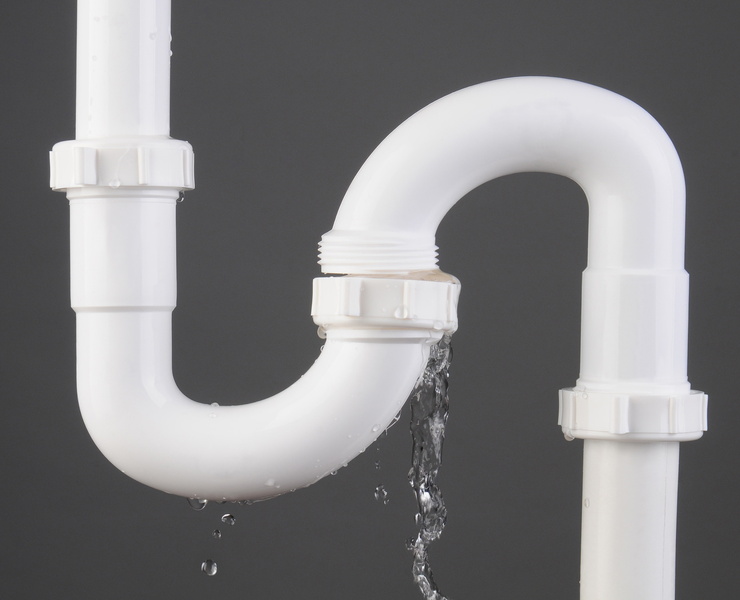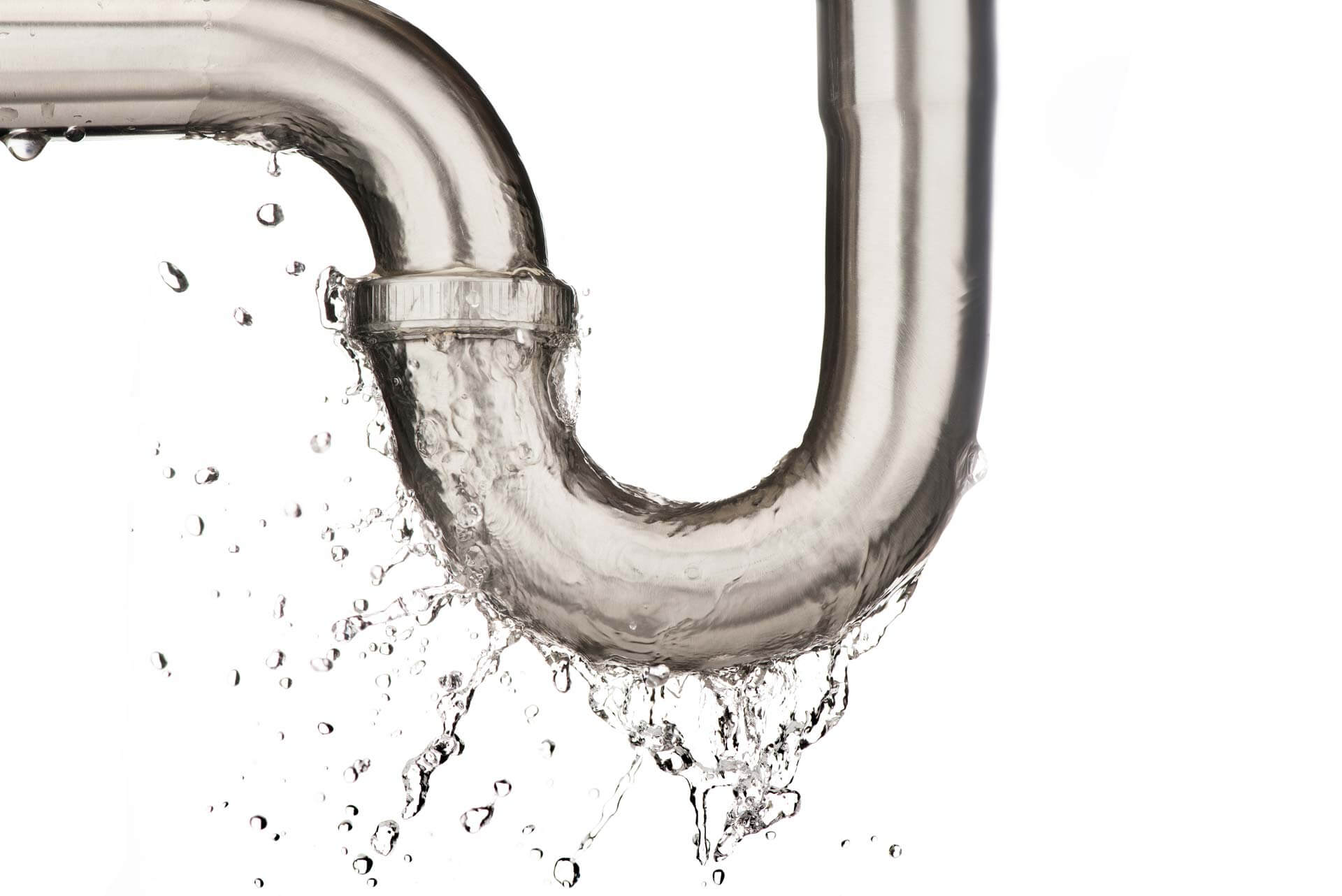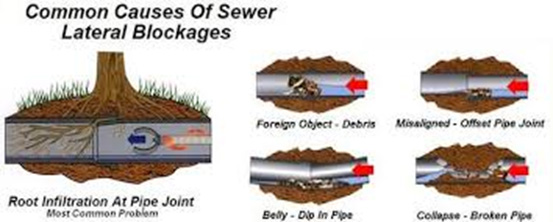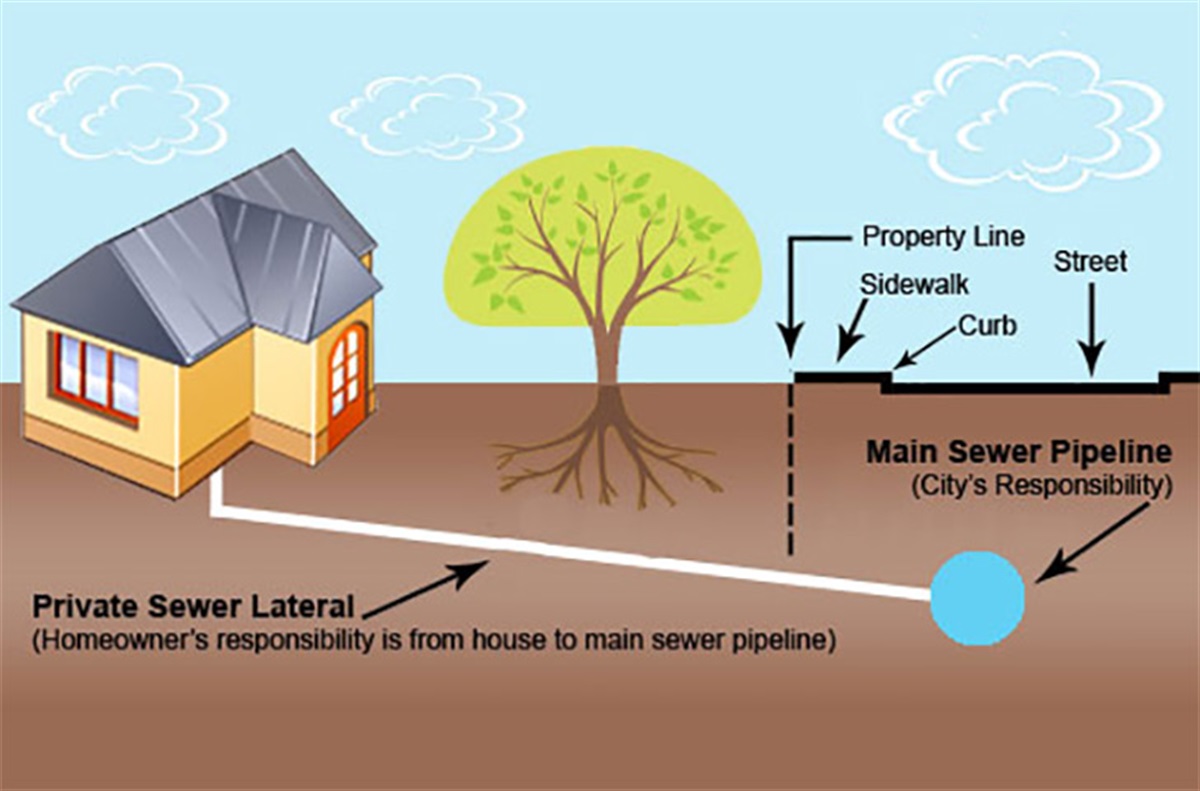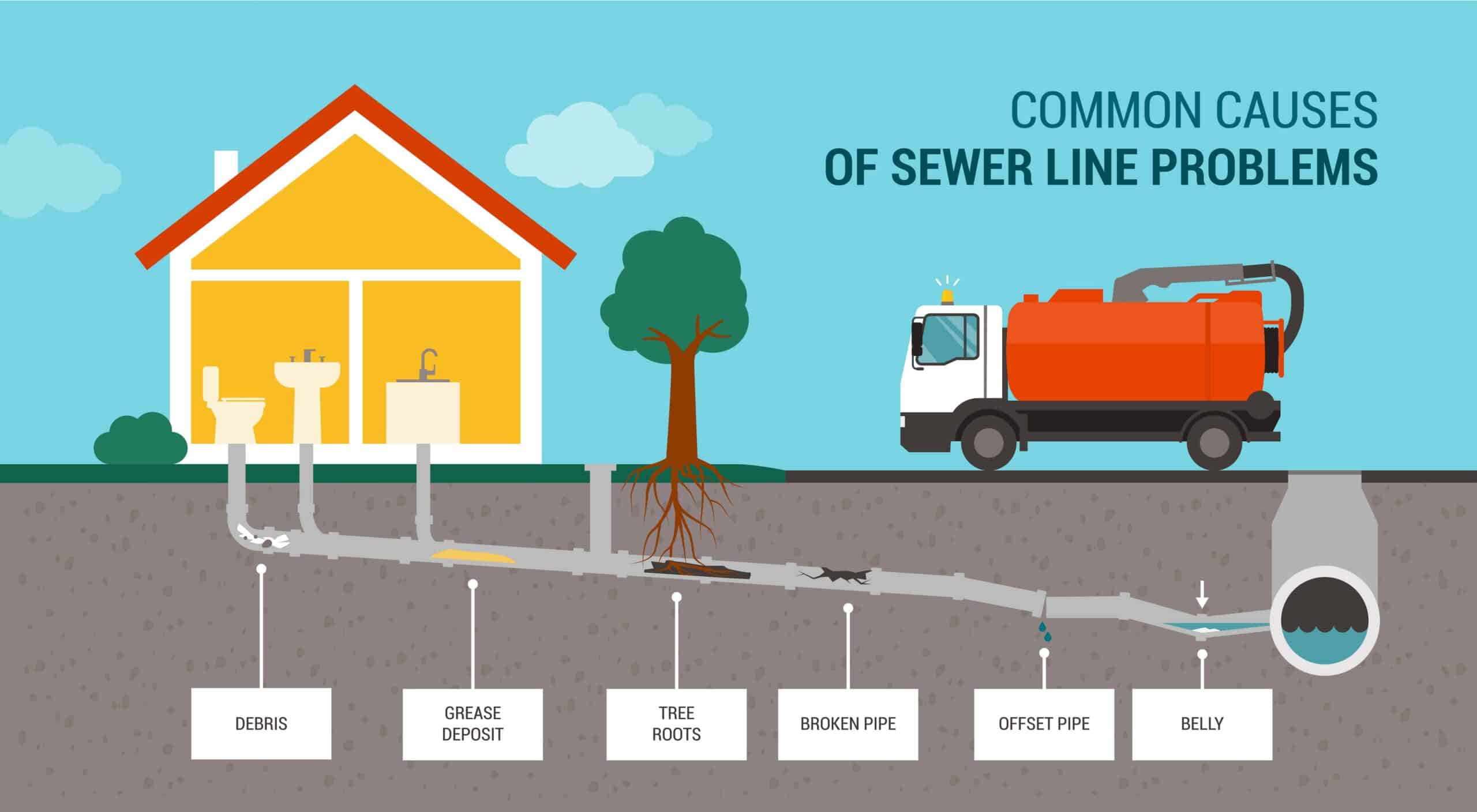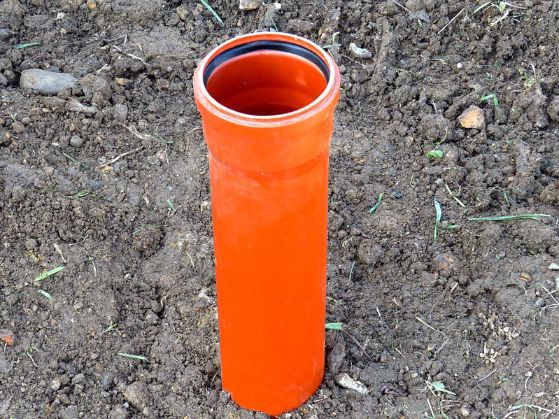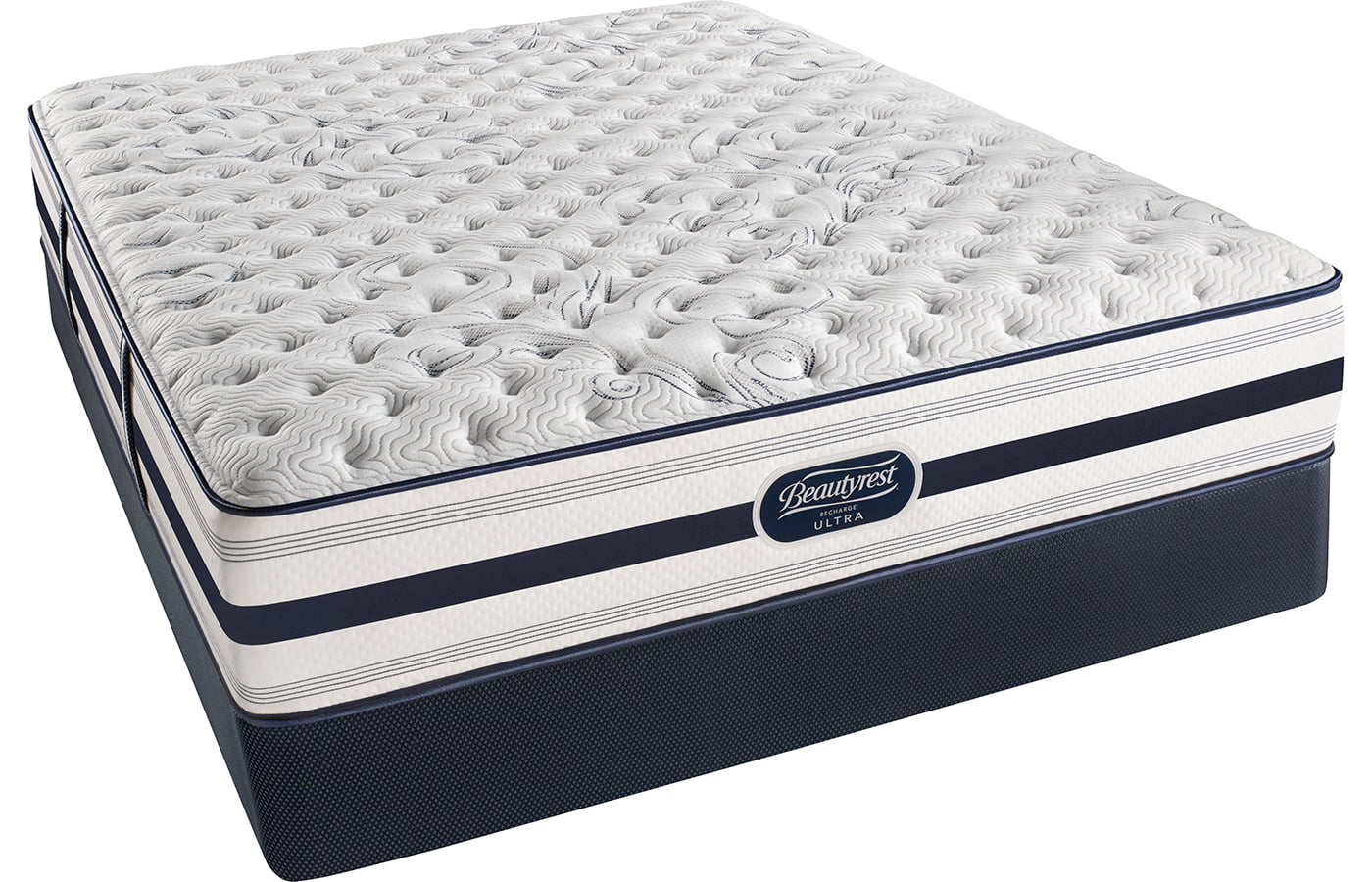One of the most common reasons for a stinky kitchen sink is a clogged drain. When the drain becomes clogged, food debris, grease, and other materials can get trapped, causing a buildup of bacteria and unpleasant odors. This can also lead to slow draining or standing water in the sink, making it a breeding ground for even more foul smells. Clogged Drain
Bacteria buildup is another main cause of stinky kitchen sinks. As food particles and other organic materials get stuck in the drain, they start to decompose and produce a foul odor. Bacteria thrive in damp and dark environments, making your kitchen sink the perfect breeding ground for them. This can also be exacerbated by not regularly cleaning your sink and drain, allowing the bacteria to grow and spread. Bacteria Buildup
Food debris is not only a major cause of clogged drains, but it can also contribute to a stinky kitchen sink. When food particles are left in the sink or garbage disposal, they can start to rot and produce a strong odor. This is especially true for foods with strong smells, like onions and garlic, which can linger in the drain and cause an unpleasant smell to waft up from the sink. Food Debris
Grease accumulation is a common problem in kitchen sinks, especially if you regularly pour cooking oil or grease down the drain. As the grease cools, it solidifies and can accumulate in the drain, trapping other debris and causing blockages. This can also lead to a buildup of bacteria and a foul odor. It's important to properly dispose of grease and oil to prevent this issue from occurring. Grease Accumulation
If your kitchen sink has a garbage disposal, it could be the culprit behind the stinky smell. Over time, food debris and bacteria can build up inside the garbage disposal, causing it to emit a strong odor. This can also be a sign that your garbage disposal is not functioning properly and may need to be replaced. Old Garbage Disposal
Mold growth is a serious issue that can cause not only a stinky kitchen sink but also potential health hazards. Mold can grow in damp and dark areas, and if your sink is not properly cleaned and dried, it can become a breeding ground for mold. Not only can mold cause a foul odor, but it can also lead to respiratory issues and other health problems. Mold Growth
Having standing water in your kitchen sink can also contribute to a stinky smell. When water is left sitting in the sink, it can become stagnant and allow bacteria to grow. This can also be a sign of a clogged drain or other plumbing issues, which can lead to more serious problems if not addressed. Standing Water
The vent pipe in your plumbing system is responsible for removing gases and odors from your home. If this pipe becomes blocked or damaged, it can cause a buildup of unpleasant smells in your kitchen sink. This can also be a sign of larger plumbing issues that may need professional attention. Blocked Vent Pipe
The P-trap is a curved section of pipe under your sink that is designed to trap water and prevent sewer gases from entering your home. If this pipe becomes damaged or broken, it can allow these gases to escape, causing a foul odor in your kitchen sink. A broken P-trap will need to be replaced by a plumber to fix the issue. Broken P-trap
In some cases, the cause of a stinky kitchen sink may not be within your home at all, but rather an issue with your sewer line. If there is a blockage or damage to your sewer line, it can cause a backup of sewage and foul smells into your home, including your kitchen sink. This is a serious issue that will require the help of a professional plumber to fix. In conclusion, a stinky kitchen sink can be caused by a variety of factors, from clogged drains and bacteria buildup to more serious plumbing issues. To prevent these odors, it's important to regularly clean and maintain your sink and plumbing system, dispose of waste properly, and address any issues as soon as they arise. By taking care of your kitchen sink, you can keep your home smelling fresh and clean. Sewer Line Issues
Cause and Solutions for a Stinky Kitchen Sink
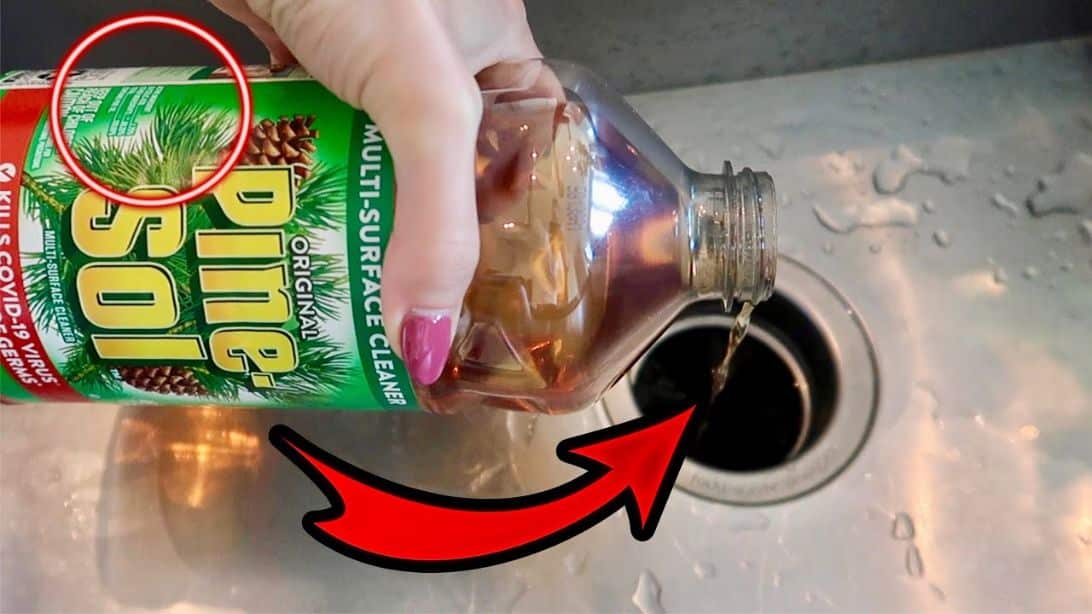
The Main Culprit: Clogged Pipes
 One of the most common reasons for a stinky kitchen sink is clogged pipes. Over time, food particles, grease, and other debris can build up in your pipes, leading to a foul odor. This is especially true for kitchen sinks, as they are constantly exposed to food waste. When this waste gets trapped in your pipes, it can start to decompose, releasing an unpleasant smell into your home.
One of the most common reasons for a stinky kitchen sink is clogged pipes. Over time, food particles, grease, and other debris can build up in your pipes, leading to a foul odor. This is especially true for kitchen sinks, as they are constantly exposed to food waste. When this waste gets trapped in your pipes, it can start to decompose, releasing an unpleasant smell into your home.
Possible Solutions: To solve this issue, you can try using a plunger to loosen any blockages in your pipes. You can also try using a mixture of hot water and baking soda, followed by a cup of vinegar, to break down any buildup. For a more thorough solution, you can use a drain snake or call a professional plumber to clear out your pipes.
The Hidden Problem: Garbage Disposal Buildup
 Another culprit for a stinky kitchen sink could be your garbage disposal. While it may seem like a convenient way to dispose of food waste, your garbage disposal can actually contribute to the odors in your sink. Food particles can get stuck in the disposal blades and start to rot, causing a foul smell to emanate from your sink.
Another culprit for a stinky kitchen sink could be your garbage disposal. While it may seem like a convenient way to dispose of food waste, your garbage disposal can actually contribute to the odors in your sink. Food particles can get stuck in the disposal blades and start to rot, causing a foul smell to emanate from your sink.
Possible Solutions: To prevent this issue, make sure to run your garbage disposal regularly and avoid putting large amounts of food waste down the drain at once. You can also try grinding ice cubes and citrus peels in your disposal to help clean and freshen it. If the problem persists, it may be time to replace your garbage disposal with a newer model.
The Surprising Factor: Dirty Dishcloths and Sponges
 Believe it or not, your dirty dishcloths and sponges could be contributing to the stinky smell in your kitchen sink. These cleaning tools are constantly exposed to food particles and bacteria, which can transfer onto your sink and cause unpleasant odors.
Believe it or not, your dirty dishcloths and sponges could be contributing to the stinky smell in your kitchen sink. These cleaning tools are constantly exposed to food particles and bacteria, which can transfer onto your sink and cause unpleasant odors.
Possible Solutions: To combat this issue, make sure to regularly clean and sanitize your dishcloths and sponges. You can also try using disposable cleaning wipes to avoid the buildup of bacteria. Additionally, make sure to regularly clean and disinfect your sink to prevent any lingering odors from these cleaning tools.
With these tips and solutions in mind, you can say goodbye to a stinky kitchen sink and hello to a fresh and clean kitchen. Remember to regularly maintain your pipes, garbage disposal, and cleaning tools to prevent any buildup and keep your kitchen smelling fresh.





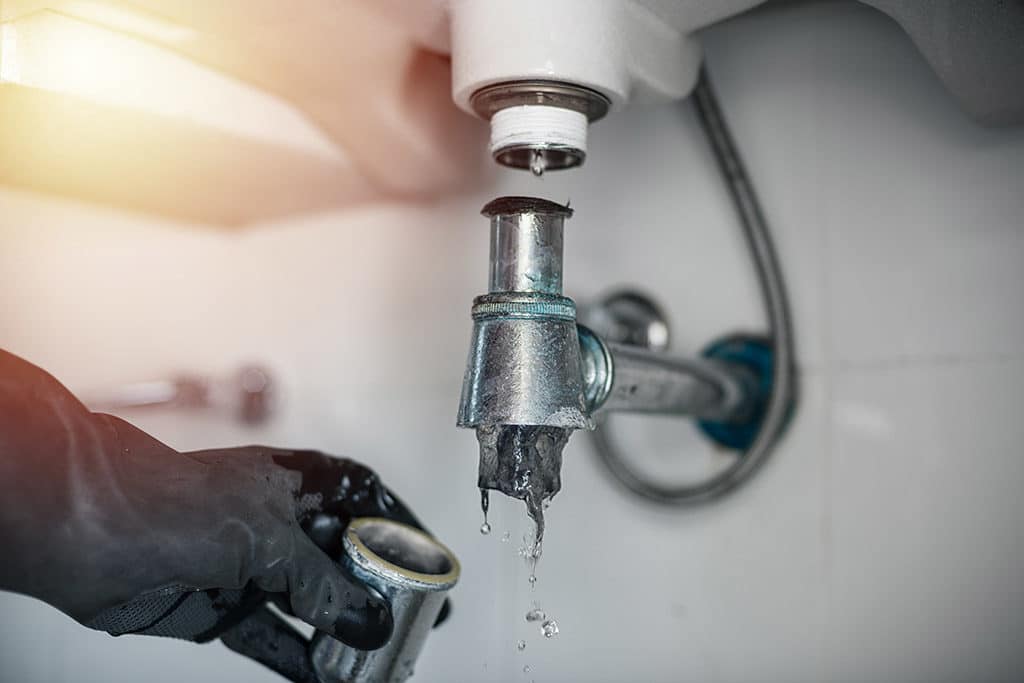
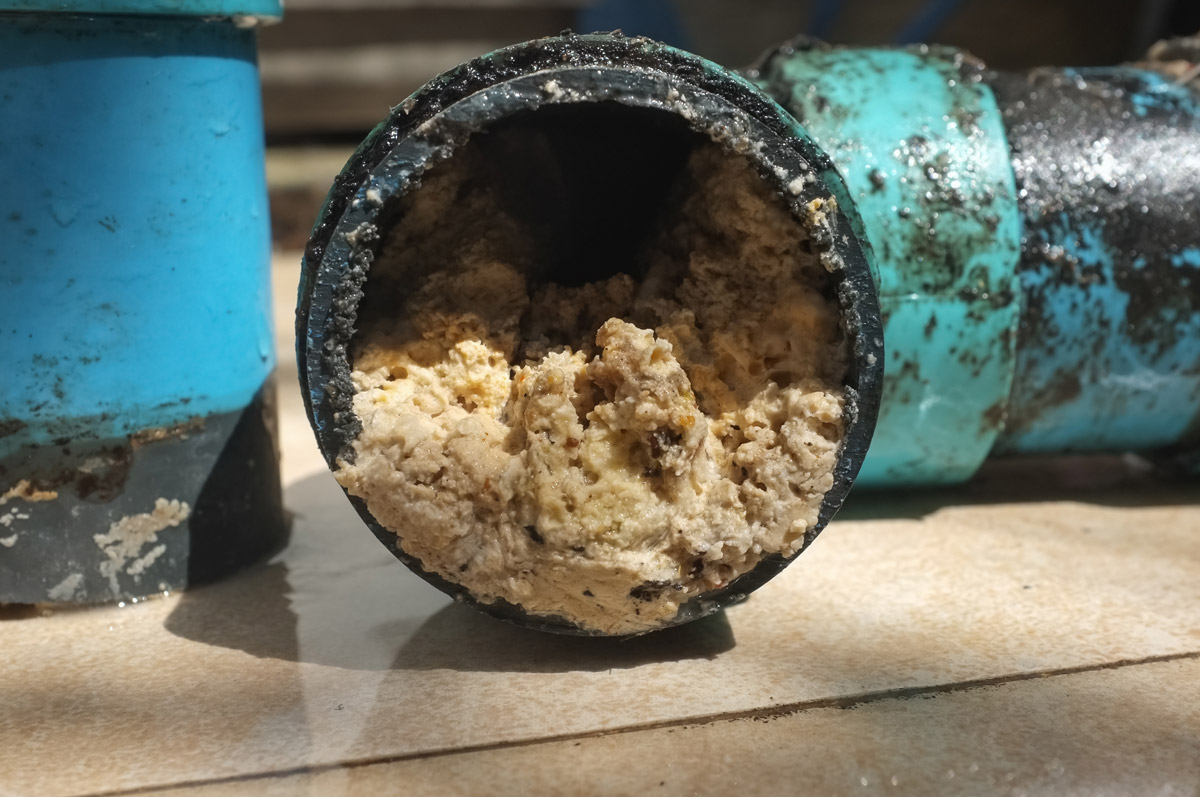
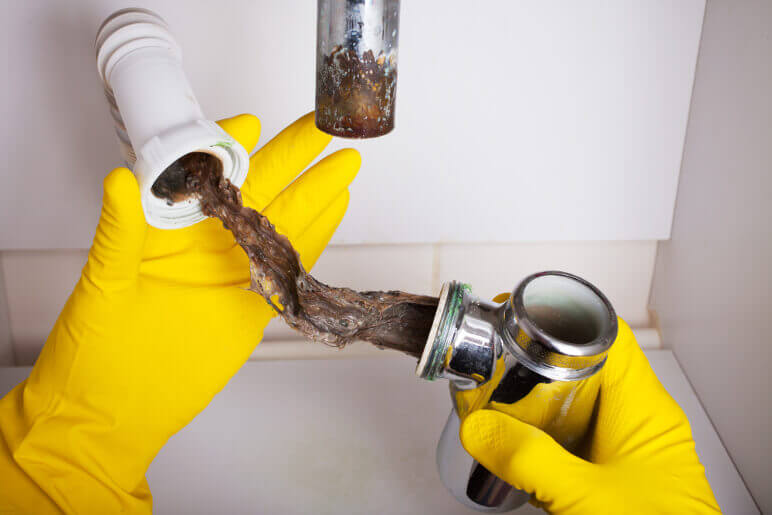

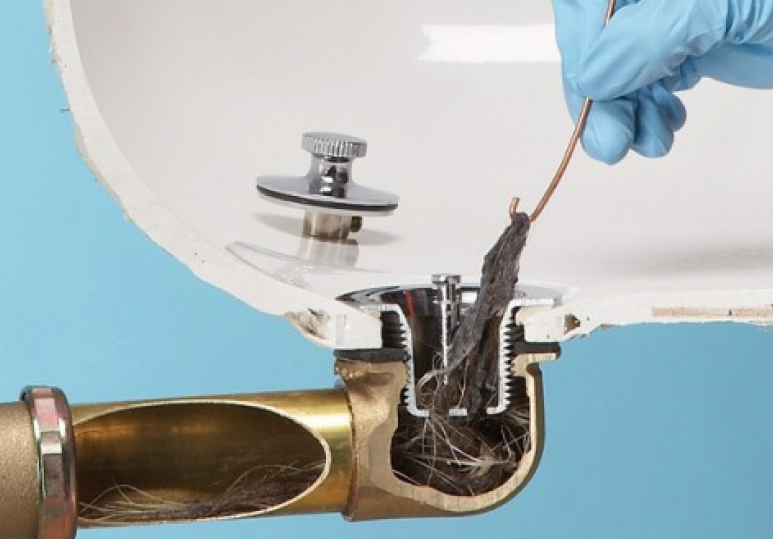
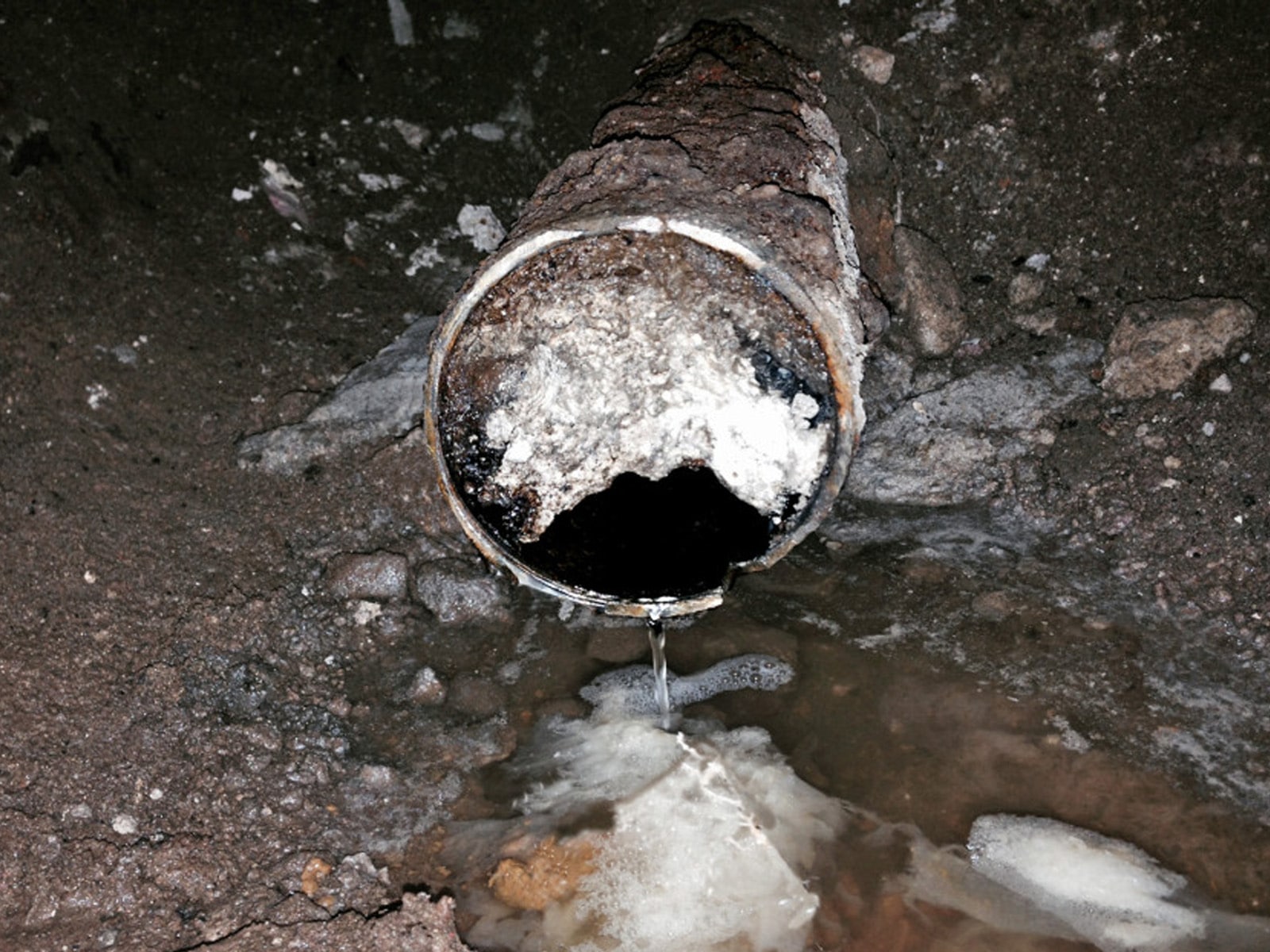
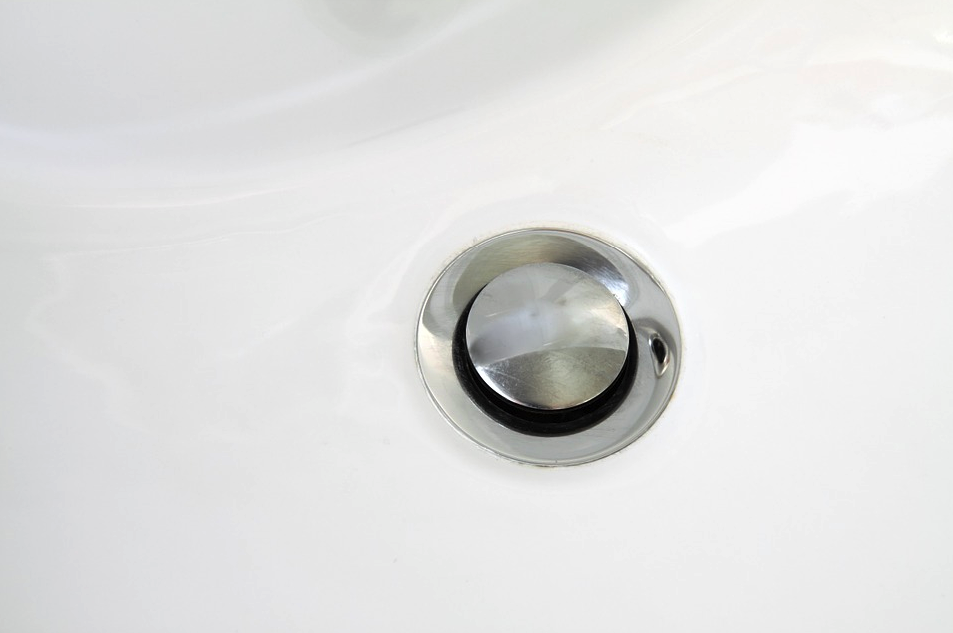



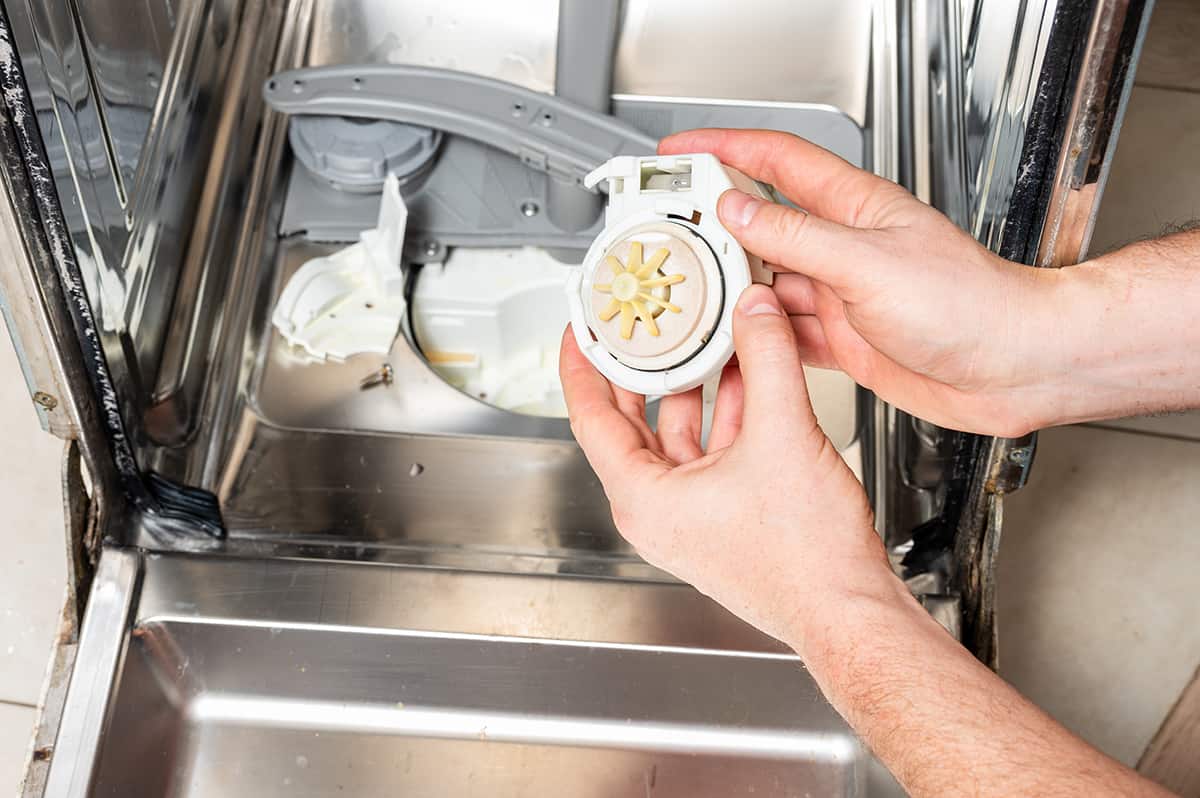

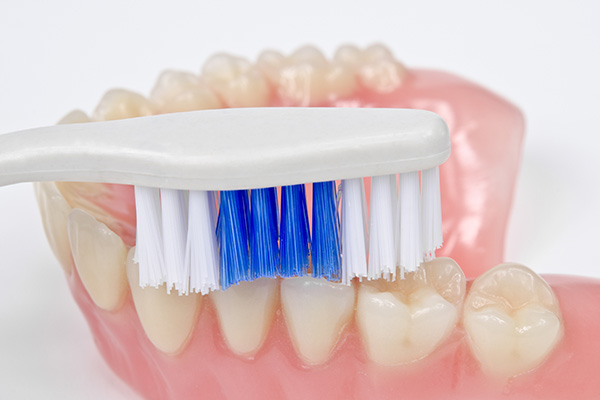




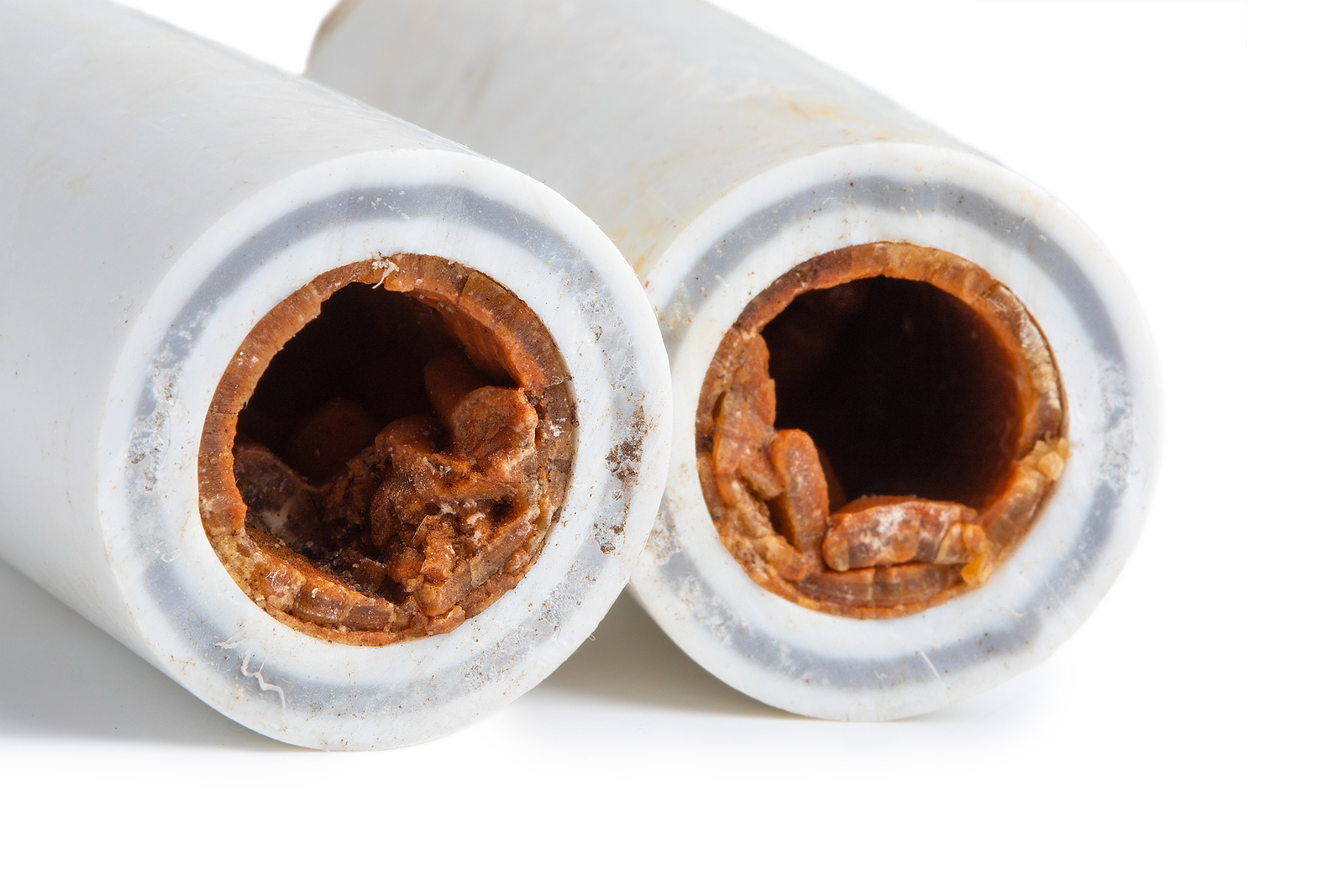








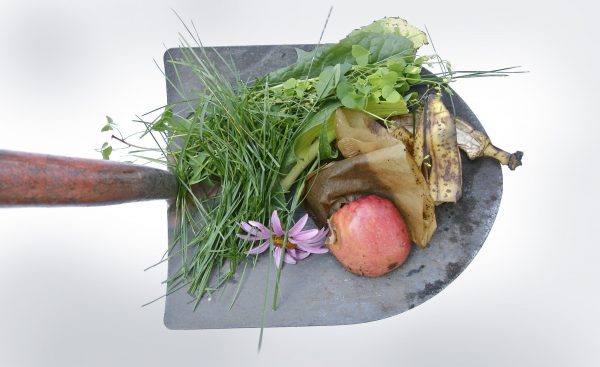






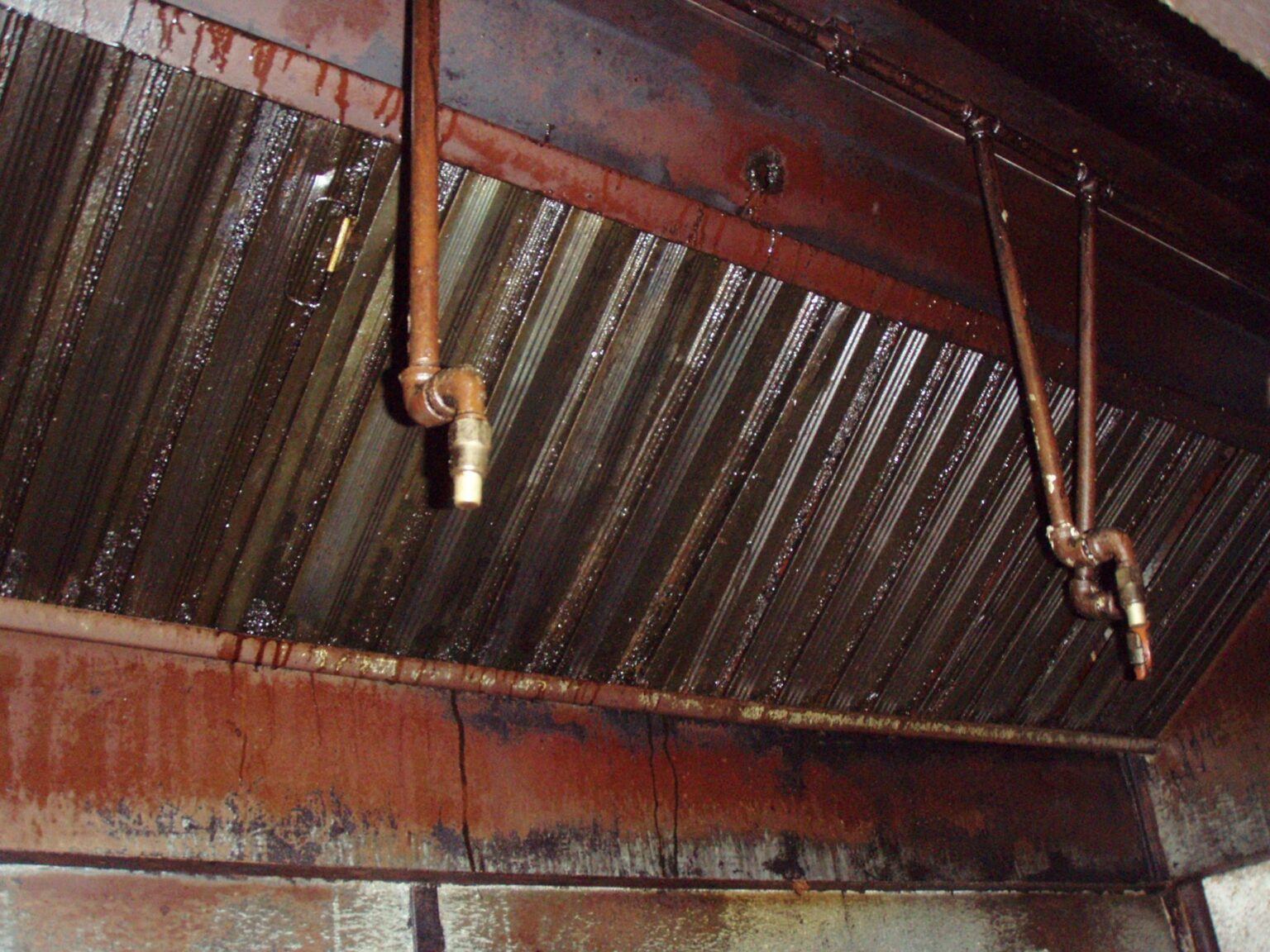

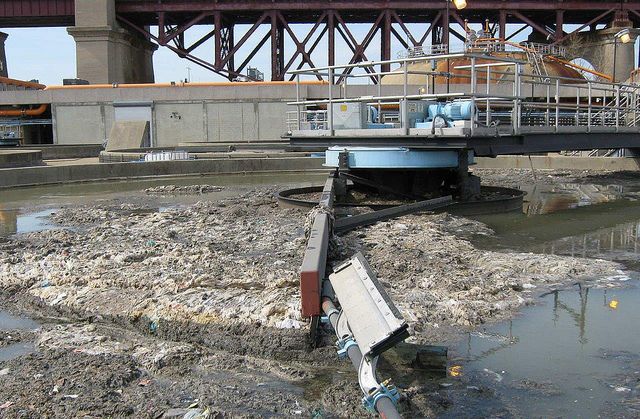





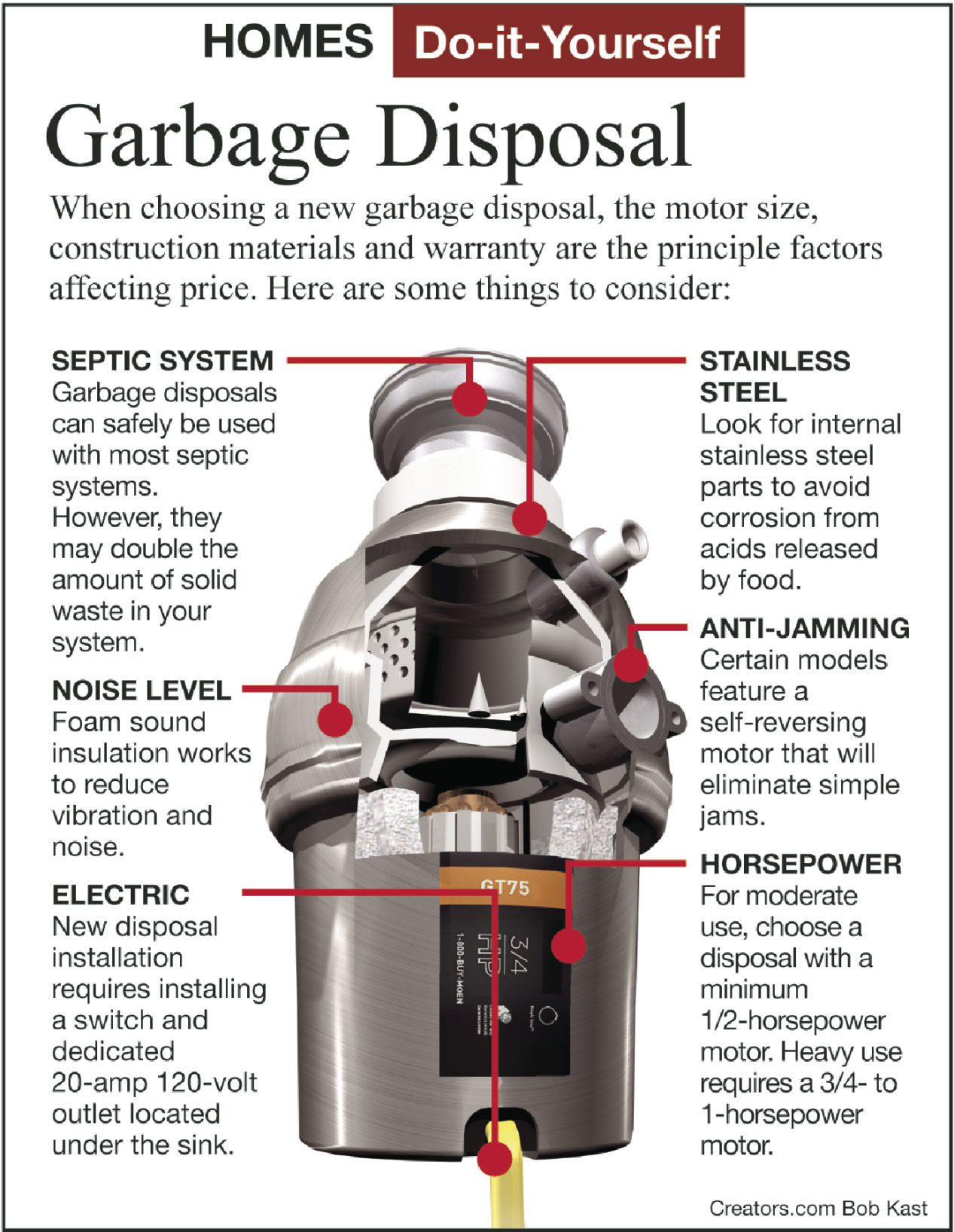

:max_bytes(150000):strip_icc()/electrician-wiring-a-new-kitchen-garbage-disposer-183805329-5798d00b3df78c32767e9340.jpg)
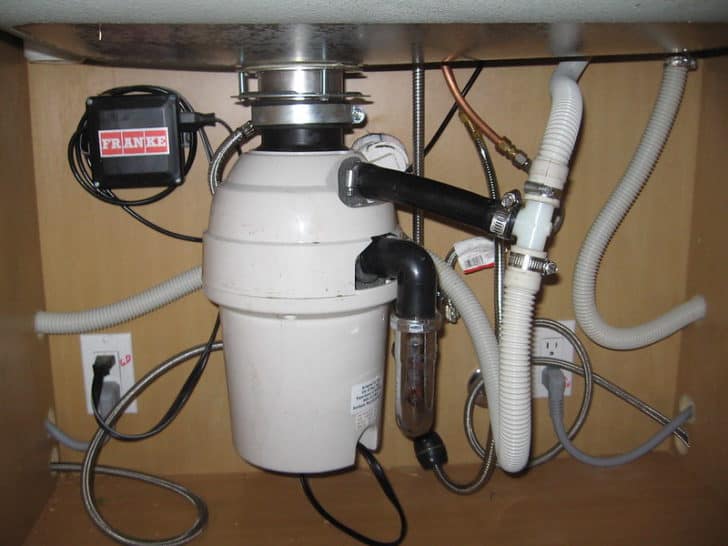
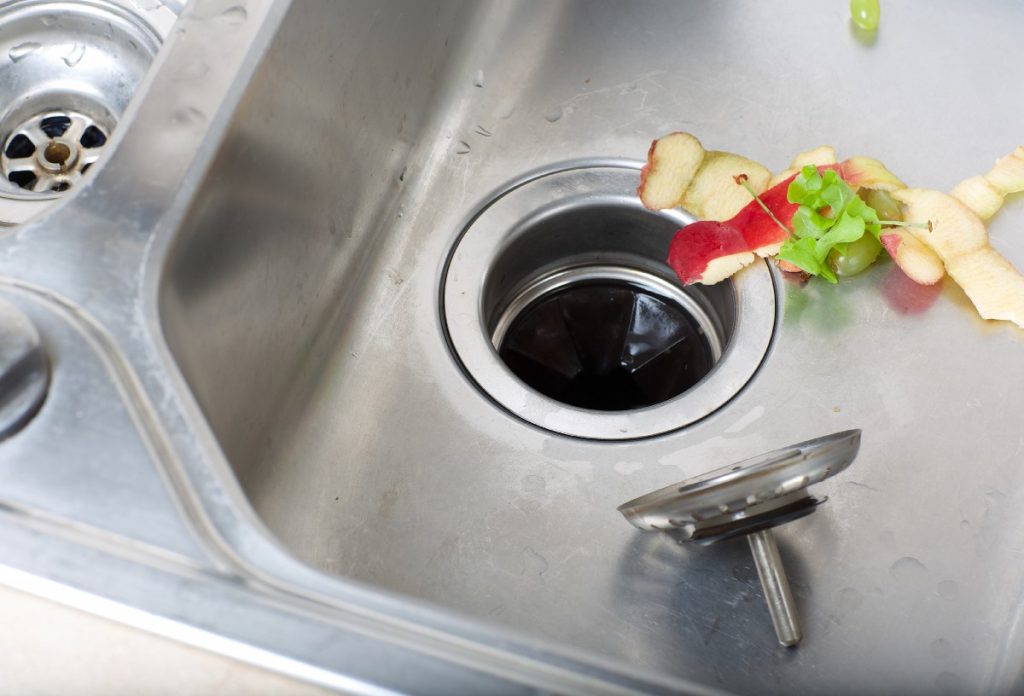
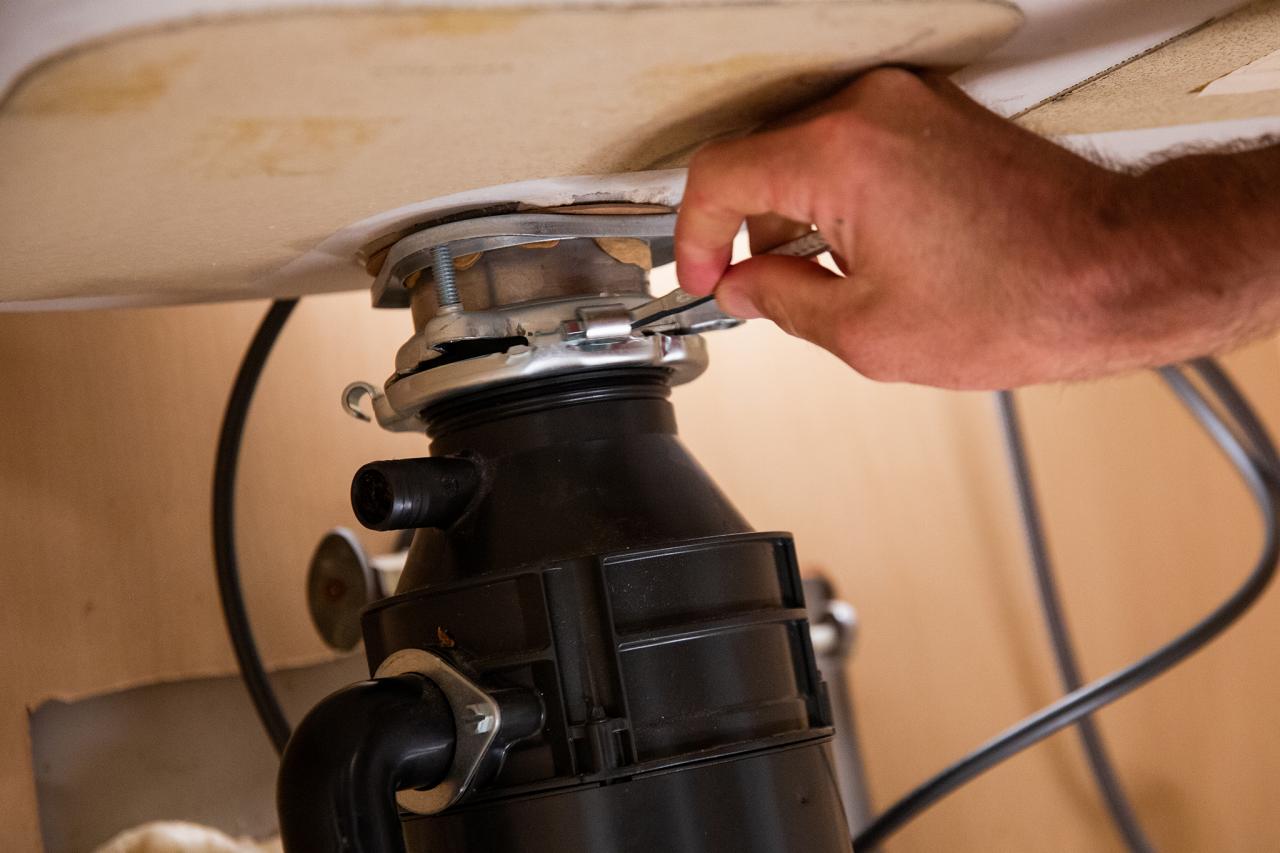

/cdn.vox-cdn.com/uploads/chorus_image/image/67063378/iStock_1216801664.0.jpg)




